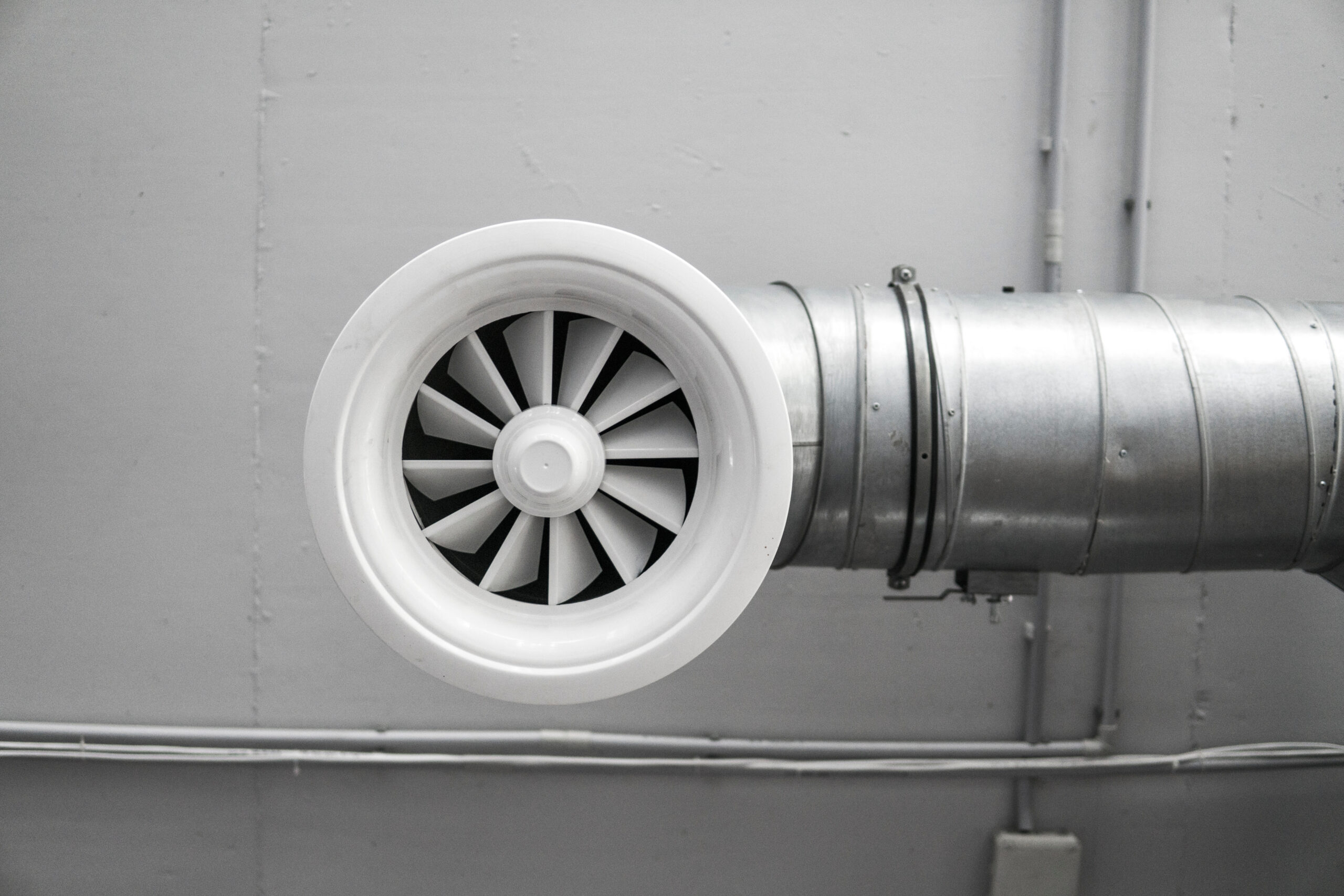Ready to Get Started?
Contact Elves Co. today for a free consultation. Let’s discuss how we can partner with you to create a safer, more efficient, and compliant environment.
Smoke control systems are an essential component of fire safety, designed to manage the movement of smoke within a building during a fire emergency. While flames pose an immediate threat, smoke inhalation is often the leading cause of injury and fatalities in fire-related incidents. By controlling smoke dispersion, these systems improve visibility, facilitate safe evacuations, and enhance firefighter effectiveness.

When a fire breaks out, smoke can spread rapidly through stairwells, hallways, and ventilation systems, reducing visibility and making it difficult for occupants to navigate their way to safety. Smoke inhalation can lead to suffocation, respiratory distress, and loss of consciousness within minutes. Furthermore, toxic gases released during combustion pose additional health risks.
Uncontrolled smoke also impairs the efforts of first responders. Firefighters depend on clear visibility to locate victims, assess the extent of the fire, and strategize their response. In the absence of an effective smoke control system, their operations become significantly more dangerous and complex.
Smoke control systems are engineered to contain and manage smoke within a building, directing its movement in a way that minimizes risk to occupants and emergency personnel. These systems are often integrated with fire alarms, ventilation systems, and emergency power sources to ensure reliable operation during a crisis. They function in several key ways:
A well-designed smoke control system plays a vital role in facilitating safe and orderly evacuations. By keeping escape routes, stairwells, and exits free of dense smoke, these systems allow building occupants to exit more quickly and reduce panic. Key benefits include:
First responders rely on smoke control systems to make informed decisions in high-risk environments. A properly functioning system provides:
Many building codes and fire safety regulations mandate the installation of smoke control systems in commercial, residential, and industrial buildings. Compliance ensures:
Regular inspection of smoke control systems is essential to ensure their reliability and compliance with safety regulations. Inspections should be conducted by qualified professionals who assess the functionality of pressurization systems, exhaust ventilation, dampers, and automatic controls. Key aspects of an inspection include:
Routine maintenance is necessary to keep smoke control systems in peak working condition. Scheduled maintenance activities help prevent system failures and ensure that all components operate effectively during an emergency. Recommended maintenance tasks include:
Elves Co. specializes in designing and implementing advanced smoke control systems tailored to meet the needs of different building structures. Our services include:
Smoke control systems are a crucial investment in life safety, property protection, and regulatory compliance. By ensuring that smoke is effectively managed during a fire, building owners can protect lives, improve emergency response efficiency, and minimize damage.
At Elves Co., we help you understand high-quality smoke control solutions that enhance fire safety across various industries. Contact us today to learn more about how you can safeguard your property and occupants with advanced smoke management technology. If you already have a system, we can inspect it to make sure it is ready for an emergency.
Contact Elves Co. today for a free consultation. Let’s discuss how we can partner with you to create a safer, more efficient, and compliant environment.